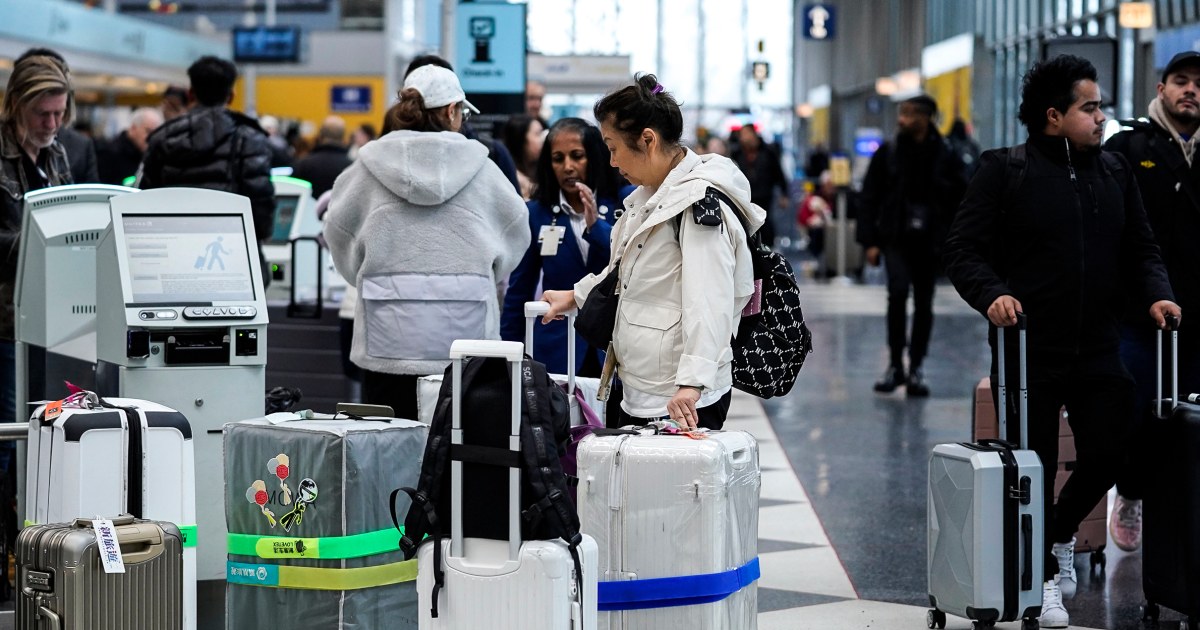#: Do Airbnbs push up rents and house prices?

Table of Contents
“#: Do Airbnbs push up rents and house prices?”
‘Countless families depend on Airbnb to pay their rent and stay in their homes, which has become even more important amidst the current crisis,’ according to Airbnb
For renters and home buyers alike, Airbnb
ABNB,
is contributing to the affordability crunch seen in many housing markets across the country.
Short-term rentals via apps such as Airbnb contribute to housing shortages and rent increases, according to research published last week by Felix Mindl and Dr. Oliver Arentz, researchers at University of Cologne in Germany. They attributed 14.2% of overall rent increases to short-term rentals or 320 euros ($385) per year for new tenants.
The Economic Policy Institute, a progressive think tank, said last year, “Evidence suggests that the presence of Airbnb raises local housing costs. The largest and best-documented potential cost of Airbnb expansion is the reduced supply of housing as properties shift from serving local residents to serving Airbnb travelers, which hurts local residents by raising housing costs.”
Indeed, a 2017 study that was published in the latest edition of the journal Marketing Science found that the number of Airbnb listings in a zip code was associated with increases in property prices and rental rates. “The increased ability to home-share has led to increases in both rental rates and house prices,” the researchers wrote in the study.
Researchers used
data on all U.S. properties listed on Airbnb between 2012 and 2016, and
analyzed the effects of these listings using data on rents and home values from
Zillow. Based on the median growth in Airbnb listings nationally, the
short-term rentals contributed to an annual increase of $9 in monthly rent and
$1,800 in home prices for median zip code, the study’s authors found.
All told, Airbnb accounted for one-fifth of the actual rent growth and one-seventh of the actual home-price appreciated experienced nationwide. But the effects of Airbnb were more pronounced in some parts of the country than others. In particular, housing markets with fewer renters and more homeowners saw a smaller Airbnb-related effect. The popularity of a destination was from a tourist’s perspective also appears to have played a role.
However, a spokesman for Airbnb took issue with those findings, and said the COVID-19 pandemic has created an untenable position for many households struggling to make ends meet.
“Countless families depend on Airbnb to pay their rent and stay in their homes, which has become even more important amidst the current crisis,” he said. “The authors of this study, which is now outdated, agree that home sharing can provide important economic benefits for families and support smart rules that allow home sharing to continue,” he said.
Sophie Calder-Wang, assistant professor of the real-estate department at The Wharton School in the University of Pennsylvania, conducted a study last year that found the “increased rent burden falls most heavily
on high-income, educated, and white renters because they prefer housing and location amenities that are most desirable to tourists.”
In the 2017 study published in the latest edition of the Journal of Marketing, the authors said that more research is needed, “to achieve a complete welfare analysis of home-sharing. For example, home-sharing may have positive spillover effects on local businesses if it drives a net increase in tourism demand.”
Still, the growing popularity of short-term rentals through platforms like Airbnb does show that the higher rates landlords can fetch on the vacation rental market has led some to convert their properties from long-term to short-term rentals, they added. That has shrunk the rental market, pushing prices higher.
To the extent that homeowners could convert extra, unused
space in their homes into listings on Airbnb, that has driven the prices of
homes higher, the researchers found.
Along these lines, the researchers said that local lawmakers
might be able to counteract the effects of Airbnb through targeted regulations.
“Regulations on home-sharing should (at most) seek to limit the reallocation of housing stock from long-term rentals to short-term rentals without discouraging the use of home-sharing by owner-occupiers,” the researchers wrote.
One regulatory approach they suggested: Levy an occupancy tax solely on property owners who rent out an entire property for an extended period of time and requiring proof that property owners live in the homes they own to avoid the tax.
By
Jacob Passy
If you liked the article, do not forget to share it with your friends. Follow us on Google News too, click on the star and choose us from your favorites.
For forums sites go to Forum.BuradaBiliyorum.Com
If you want to read more News articles, you can visit our News category.




